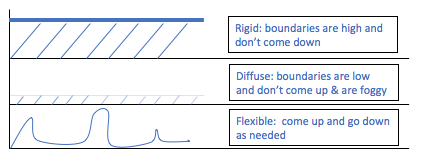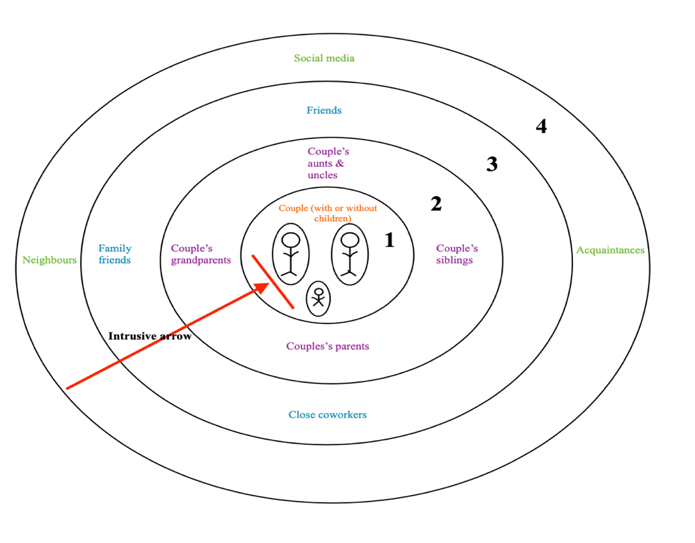“I told you so many times!” “No, you didn’t!” That is the kind of argument we regularly hear in couple’s therapy. If you are or have been in a romantic relationship, that situation probably happened to you as well. It can occur when one partner realizes the extent of the other’s feelings, like “I knew it bothered you, but I didn’t know it bothered you that much.” How is it that despite all our communication, we still sometimes don’t understand each other?
As we are unique human beings with our individual histories, there are different possible explanations for miscommunication experiences. A common reason is that people often think they express their feelings and needs when, in reality, they have not been as direct as they believe. For example, a partner often says what they think the other is doing incorrectly or what they want the other to do or stop doing. While it may seem that this is direct communication, it may fail to communicate important aspects of one partner’s experience, including why this is important to him/her and how the others’ actions make him/her feel. This can be perceived as blame and criticism rather than a direct expression of feelings and needs and often leaves the other partner defensive and unable to listen and empathize.
Another common miscommunication issue is that we often think our way is the “right” way and can dismiss a partner’s feelings or perspective and not give space for discussion and compromise. When one partner is not open to the other’s point of view, the chances are that the other person will not be inclined to try to listen and understand either.
These are a few things to be mindful of that can help strengthen your communication as a couple. Both members of the couple need to work together to improve communication, and it is not the responsibility of only one member of the couple to make things better. However, working together can be difficult, especially if communication is already a challenge. At the Centre for Interpersonal Relationships, we can help you develop a deeper understanding of your relationship dynamics as a couple and help you communicate in new, helpful ways to better understand each other.
Vann-Vateil Phlek, B.A., is a counsellor at the Centre for Interpersonal Relationships working under the supervision of Dr. Karine Côté, C.Psych. She has completed her B.A. in psychology at the University of Ottawa, and provides counselling to adults and couples.



